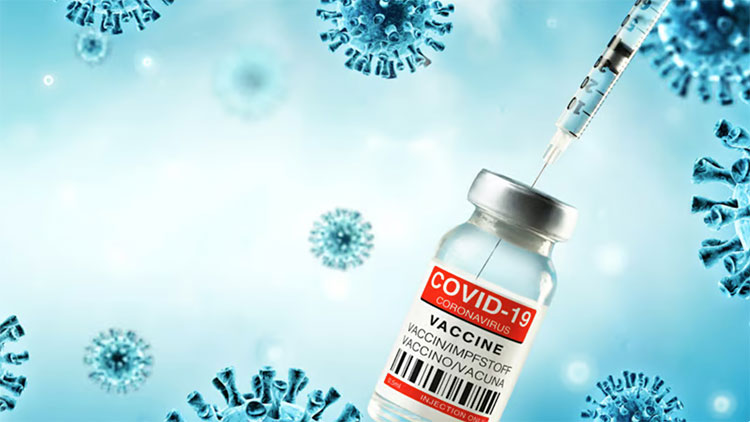The Approval of Self-Replicating mRNA “Vaccines”: A Dangerous Precedent for Health Freedom

- The European Committee for Medicinal Products for Human Use (CHMP) has recommended approving Kostaive, a self-replicating mRNA (saRNA) vaccine, despite significant safety concerns and lack of long-term data.
- Kostaive introduces a novel mechanism where injected mRNA replicates within the body, similar to a viral infection, potentially causing unknown long-term effects and raising ethical concerns about bodily autonomy.
- Kostaive trials showed high adverse event rates, with 90% of participants experiencing side effects, 74.5% reporting systemic reactions, and 15.2% requiring medical attention. Five deaths were reported in the phase 3b study.
- There is no long-term research on the potential risks of saRNA vaccines, including the possibility of cancerous mutations, autoimmune responses, or other harmful effects.
- Approval of Kostaive could set a dangerous precedent, prioritizing corporate profits over public safety and undermining health freedom, transparency, and democratic governance.
The recent recommendation by the European Committee for Medicinal Products for Human Use (CHMP) to approve Kostaive, a self-replicating mRNA (saRNA) vaccine, marks a troubling escalation in the pharmaceutical industry’s push to deploy untested and potentially hazardous technologies on the global population. This decision, which now rests with the European Commission, raises serious concerns about the erosion of health freedom, government transparency, and the prioritization of corporate profits over public safety.



























